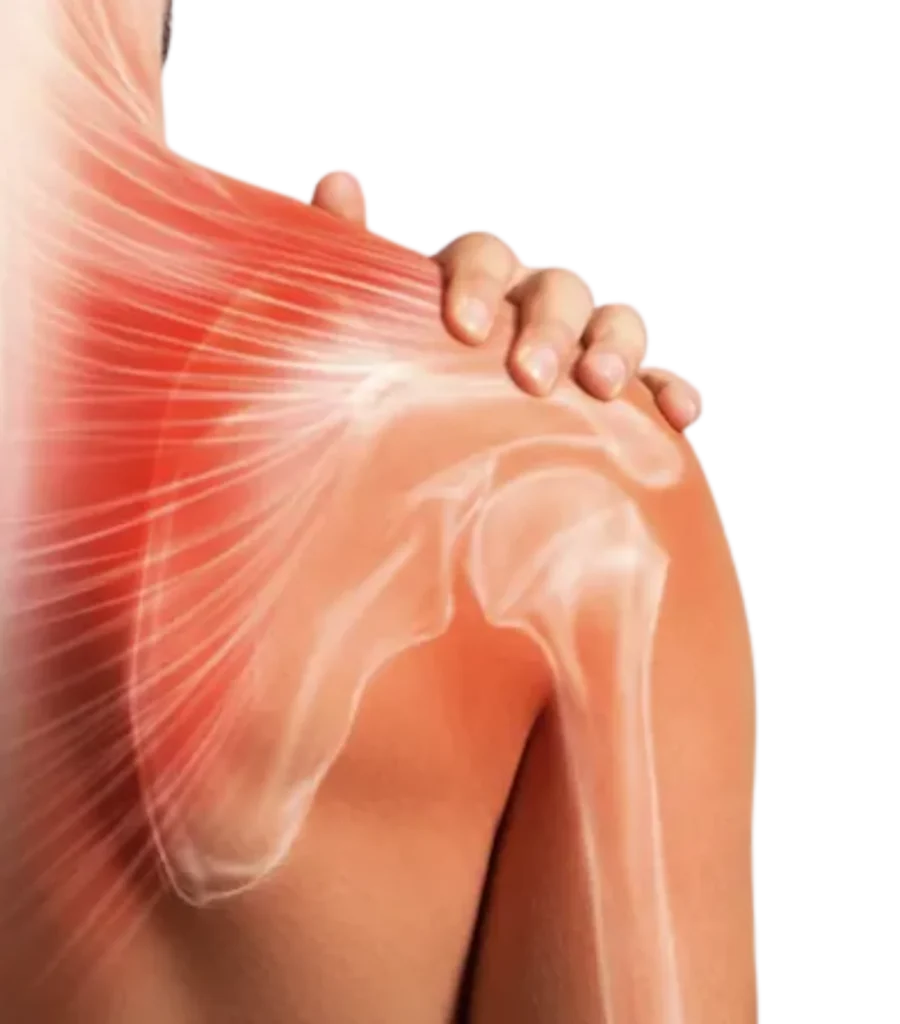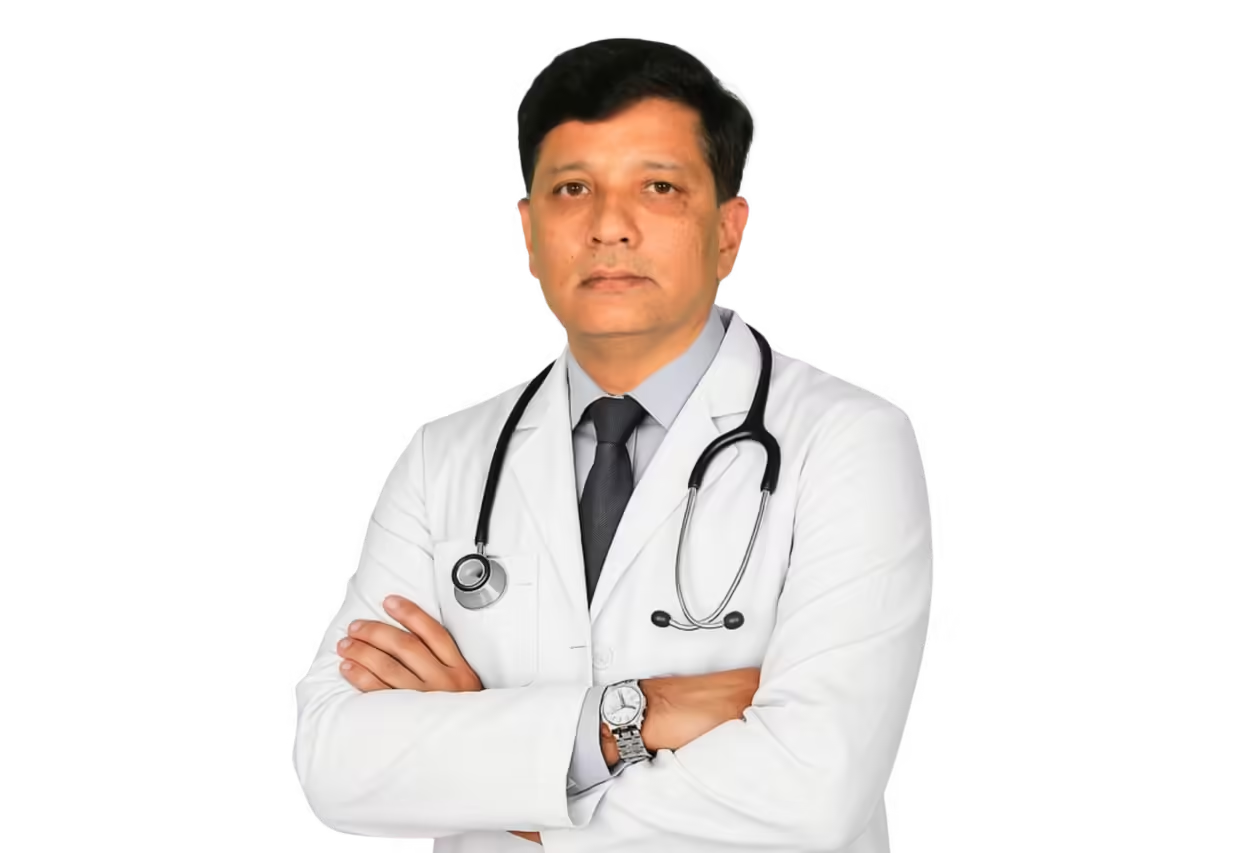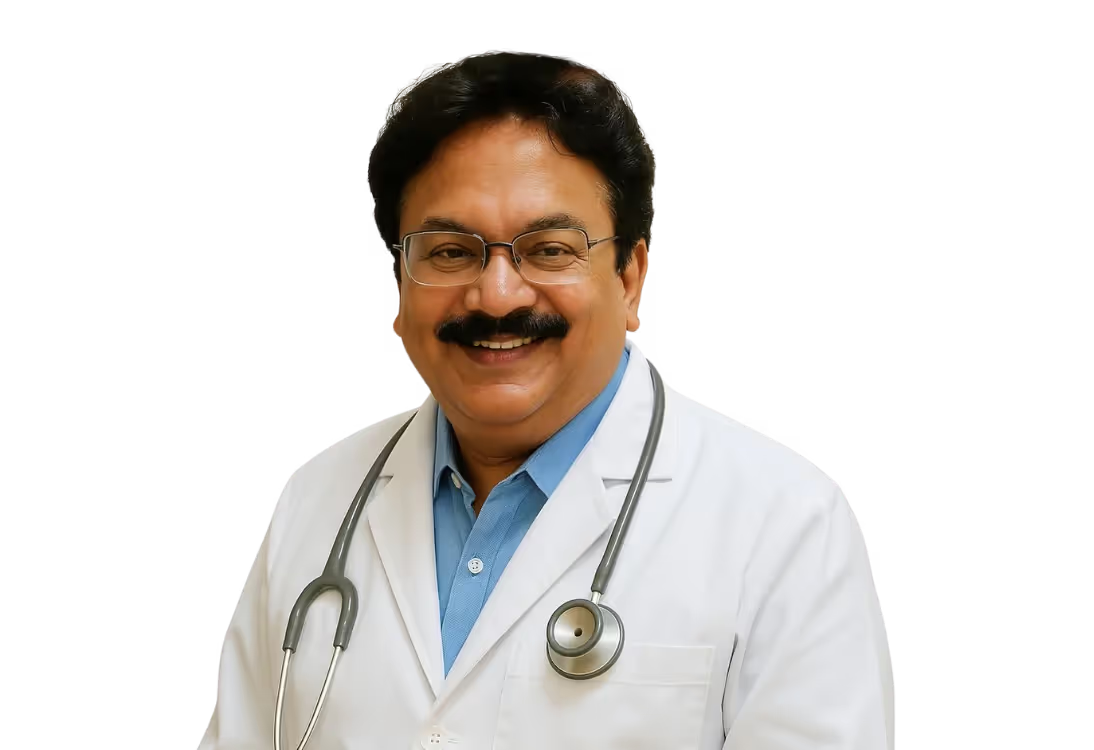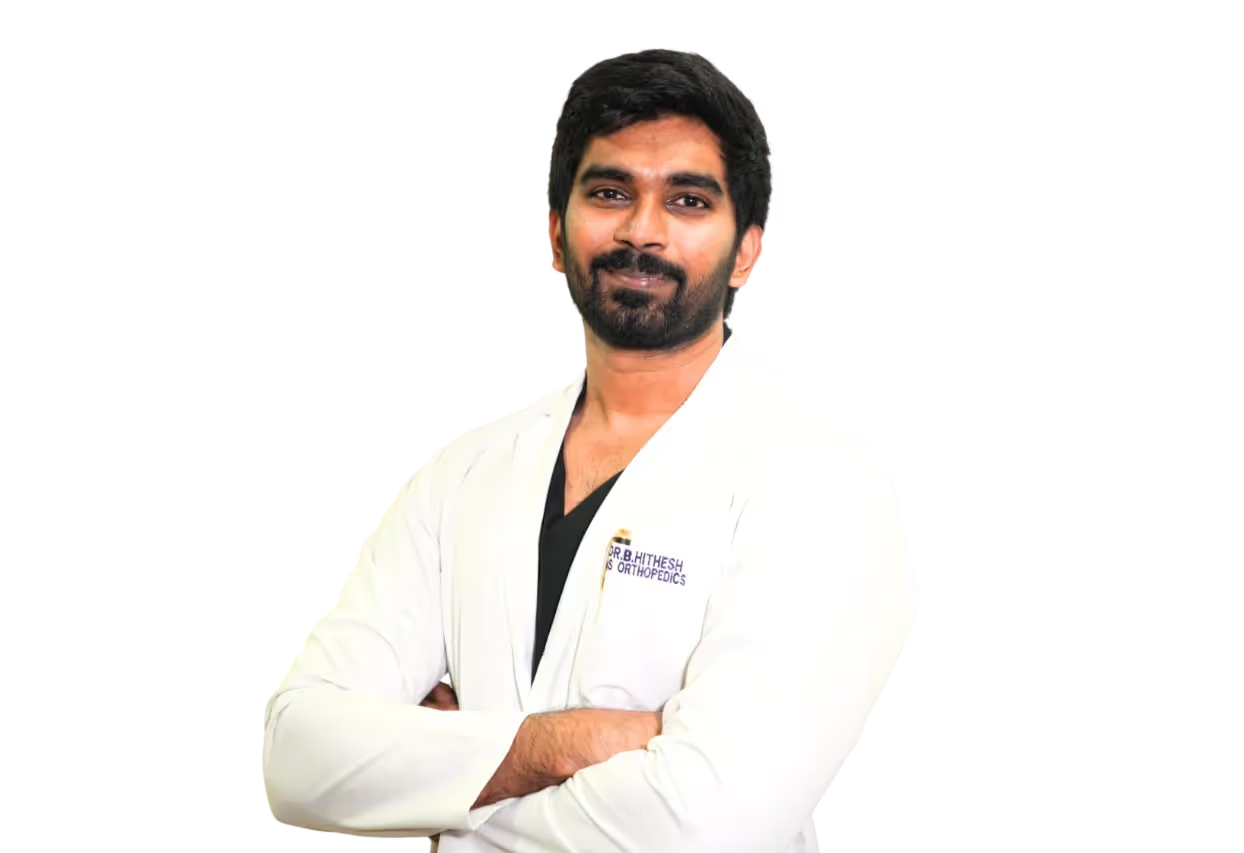
Shoulder Replacement Surgery in Hyderabad: Expert Care at Lux Hospitals
Shoulder replacement surgery is a transformative procedure that can significantly improve the quality of life for those suffering from chronic shoulder pain or dysfunction. Whether due to arthritis, fractures, or other shoulder-related issues, shoulder replacement surgery offers a solution to restore mobility and alleviate pain. At Lux Hospitals in Hyderabad, we specialize in advanced shoulder replacement surgeries, including total shoulder replacement, reverse shoulder replacement, and more. Our expert orthopedic surgeons use state-of-the-art techniques to ensure a successful recovery and long-term relief from shoulder pain.
What is Shoulder Replacement Surgery?
Shoulder replacement surgery is a medical procedure that involves removing a damaged or diseased shoulder joint and replacing it with an artificial one (prosthesis). This surgery is typically recommended for patients with severe shoulder arthritis, rotator cuff tears, or traumatic fractures that impair shoulder function.
There are various types of shoulder replacement surgeries, each tailored to the patient’s specific condition:
- Total Shoulder Replacement: Involves replacing both the ball (humeral head) and socket (glenoid) of the shoulder joint.
- Reverse Shoulder Replacement: This procedure is recommended for patients with rotator cuff damage where the normal shoulder joint replacement would not be effective.
- Shoulder Joint Replacement: A general term for procedures that replace the shoulder joint, whether partially or fully.
At Lux Hospitals, our goal is to help patients regain their mobility and quality of life with minimally invasive shoulder replacement techniques.
Preparation for Shoulder Replacement Surgery
Before undergoing shoulder replacement surgery, our surgeon will work closely with you to prepare for the procedure and ensure the best possible outcome. Here’s what you can expect during the preparation phase:
- Preoperative Evaluation: You will undergo a thorough evaluation by our orthopedic team, including a physical examination, medical history review, and diagnostic tests like X-rays or MRIs to assess the condition of your shoulder joint.
- Blood Tests and Imaging: Blood tests are conducted to assess your general health and ensure that you’re fit for surgery. Imaging tests (X-rays, CT scans, or MRIs) help the surgeon to examine the extent of damage to the shoulder joint and determine the best course of action.
- Discussion of Anesthesia Options: Shoulder replacement surgery typically requires general anesthesia. However, in certain cases, regional anesthesia (numbing the area) may be used. The anesthesiologist will discuss these options with you before the surgery.
- Instructions for the Day of Surgery: Your surgeon will provide clear instructions regarding when to stop eating or drinking before surgery. Generally, you will be advised to avoid food and drink for at least 8 hours before the procedure.
- Preoperative Rehabilitation: In some cases, you may be asked to undergo a brief physical therapy session before the surgery to strengthen the muscles around your shoulder joint and help with post-surgery recovery.
Diagnosis of Shoulder Replacement Surgery
The first step in determining if shoulder replacement surgery is necessary is to get an accurate diagnosis. At Lux Hospitals, our team of expert orthopedic surgeons will assess your condition using a combination of:
Physical Exam: Your doctor will evaluate the range of motion in your shoulder, check for swelling or deformities, and assess pain levels.
Imaging Tests: X-rays are commonly used to evaluate the condition of the shoulder joint. CT scans or MRIs may be recommended for a more detailed view of the bone and soft tissues.
Once your condition is diagnosed, the surgeon will discuss whether shoulder replacement surgery is the best option for you or if other treatment options, like medications or physical therapy, might be more appropriate.
Procedure of Shoulder Replacement Surgery
The procedure for shoulder replacement surgery generally takes 1 to 2 hours. The specific approach depends on the type of shoulder replacement being performed—whether it’s a total shoulder replacement or a reverse shoulder replacement. Here is a general overview of the procedure:
- Anesthesia: The surgery will begin with the administration of anesthesia. Most shoulder replacement surgeries are done under general anesthesia, meaning you will be asleep during the entire procedure. In some cases, regional anesthesia may be used to numb the shoulder area.
- Incision: The surgeon will make an incision on the front of the shoulder to access the joint. The size and placement of the incision depend on the type of procedure being performed and the condition of the joint.
- Removal of Damaged Joint: The surgeon will carefully remove the damaged or arthritic portions of the shoulder joint. For a total shoulder replacement, both the ball and socket of the joint will be replaced. In reverse shoulder replacement, the ball and socket positions are switched, which helps to improve function in patients with rotator cuff tears.
- Implantation of the Prosthesis: After the damaged joint is removed, the surgeon will implant the prosthesis. The prosthesis is designed to mimic the natural motion of the shoulder joint. It is typically made from durable materials like metal, plastic, or ceramic.
- Closure: Once the prosthesis is securely in place, the incision will be closed using sutures. A sterile bandage is applied to the surgical site.
- Post-Procedure Monitoring: After surgery, you will be monitored in a recovery room as the anesthesia wears off. The medical team will assess your vital signs and manage any pain you may experience.
Postoperative Care and Rehabilitation
Recovery after shoulder replacement surgery is a gradual process, and the goal is to restore shoulder function and mobility. Here’s what to expect in the recovery phase:
- Pain Management: Pain relief is a critical part of recovery. Your doctor will prescribe pain medication and may recommend ice therapy to reduce swelling and discomfort.
- Physical Therapy: A crucial part of recovery is physical therapy. Rehabilitation will begin soon after surgery to improve strength, mobility, and flexibility in the shoulder joint. A tailored therapy plan will help you regain full range of motion and prevent stiffness.
- Follow-Up Appointments: You will have follow-up appointments with your orthopedic surgeon to monitor healing and ensure the prosthesis is functioning correctly. Your surgeon will provide guidance on gradually increasing activity and resuming normal daily activities.
- Recovery Timeline: Most patients begin to experience pain relief within a few weeks after surgery, and many can return to normal activities within 3 to 6 months. However, full recovery may take up to a year, depending on your condition and rehabilitation progress.
Why Choose Lux Hospitals for Shoulder Replacement Surgery in Hyderabad?
At Lux Hospitals, we offer cutting-edge shoulder replacement surgery options tailored to your needs. Here’s why patients choose us:
- Expert Orthopedic Surgeons: Our orthopedic specialists are highly skilled in shoulder replacement surgery, with years of experience in performing both total and reverse shoulder replacement procedures.
- State-of-the-Art Facilities: Lux Hospitals is equipped with the latest technology to ensure accurate diagnosis, advanced surgical techniques, and the best possible outcomes for our patients.
- Comprehensive Post-Surgery Care: We offer personalized rehabilitation and post-surgery care to ensure a smooth recovery. Our multidisciplinary team is committed to your long-term success.
- Patient-Centered Approach: At Lux Hospitals, we focus on the individual needs of our patients, providing compassionate care and a comfortable environment throughout the treatment journey.
Testimonials
"Knee problems"
Took my grandmother to Dr Kishan for her knee problems and we had an excellent consultation. Dr Kishan explained the problem in detail patiently and made sure my grandmother knew all the options and remedies she had available to her. It was really helpful!

Sai Charan B
"Surgery was a success, i am able to walk"
I got meniscus tear while playing foot ball, Dr sai kishan has performed Arthroscopic medial meniscus repair. Surgery was a success, i am able to walk and do all my regular activities . Thank you

Shreyans Jain . 40
"Leg fractured while playing."
I got my leg fractured while playing. Dr Sai kishan sirasala took extreme care and did surgery for my leg. As of now recovery is good . Highly recommend DR sai kishan for any orthopedic issues.

Ranjit Sahoo
"ACL reconstruction surgery "
I have got ACL reconstruction surgery by Dr Sai Kishan. It's been 3 months and I am completely normal and back to my activities. Very good experience

Tejas Gomase
Latest Health Articles by Lux
Frequently Asked Questions
Yes, shoulder replacement surgery offers a permanent solution for those suffering from severe shoulder pain and joint damage, provided that the prosthesis is well-maintained.
While the initial recovery period takes about 3 to 6 months, full recovery may take up to a year, depending on individual factors and rehabilitation progress.
Like any surgery, shoulder replacement carries some risks, including infection, blood clots, and prosthesis failure. However, these risks are minimized with the expertise of our experienced surgeons and careful post-operative care.
Yes, most patients are able to return to normal activities within 3 to 6 months, depending on their recovery progress and rehabilitation efforts.
The cost depends on factors like the type of implant used, hospital stay, and whether the procedure is total or partial. For an accurate estimate, it is best to contact the hospital directly.
You can book an appointment by calling Lux Hospitals, using their official website, or visiting the hospital directly. The team will help you with the earliest available consultation slot.




















